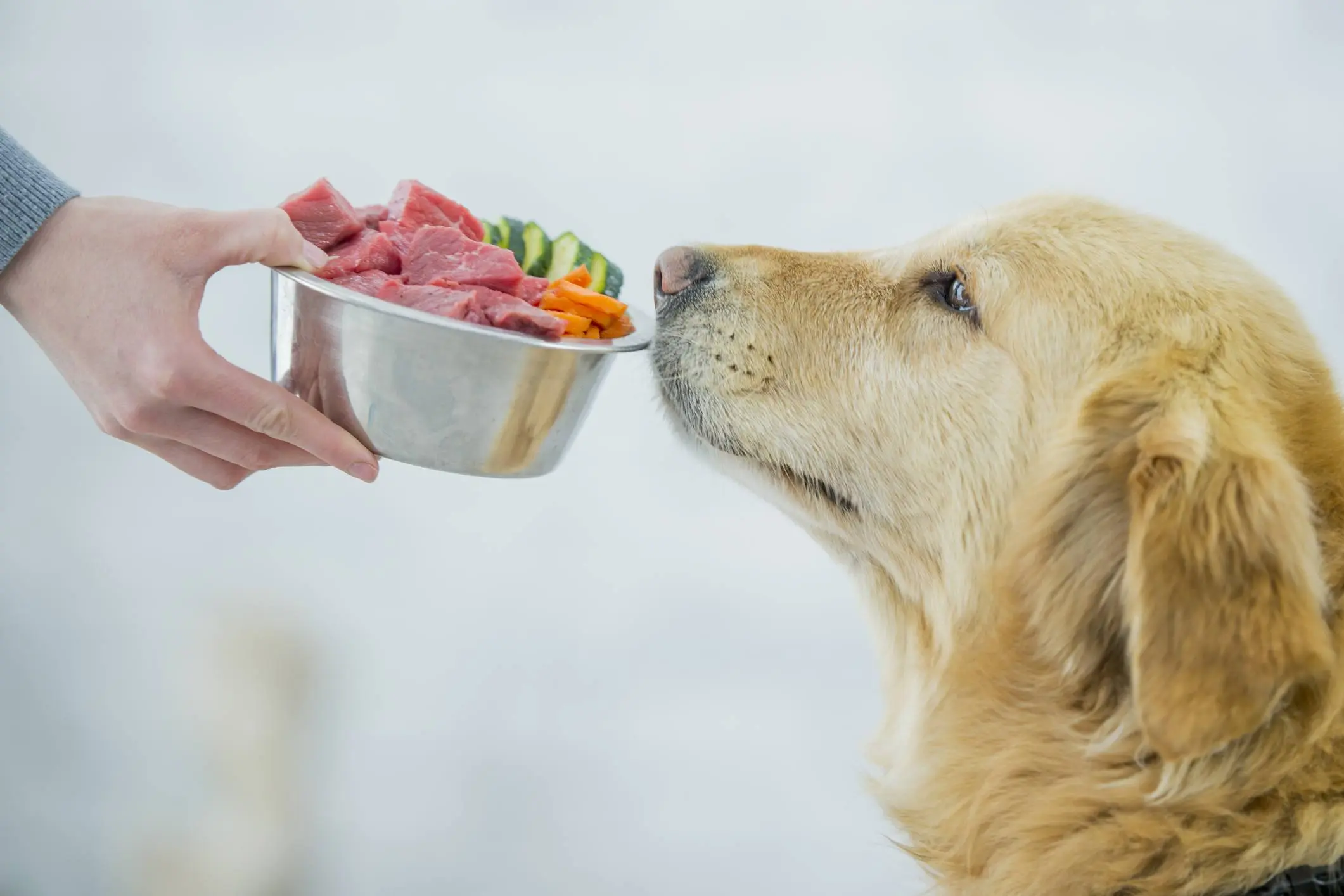As a dog owner, providing your dog with a balanced diet is one of the most important ways to keep them healthy and happy. Just like humans, dogs need a variety of nutrients to thrive. Here’s a guide to help you create a balanced diet for your dog.
Understand Your Dog’s Nutritional Needs
Dogs, like people, have different nutritional needs based on their breed, age, size, activity level, and health status. Puppies, for example, need more protein and fat than adult dogs to support their growth and development. Senior dogs may require fewer calories, but their diet should still include essential nutrients to support their aging joints, skin, and organs.
There are generally three main categories of dog food: dry kibble, wet food, and raw food. Each type of food has its pros and cons, but the most important factor is ensuring your dog’s food meets their nutritional needs.
Look for Quality Protein Sources
Protein is the cornerstone of a healthy dog diet. It supports muscle growth, tissue repair, and a healthy immune system. Choose dog food where the first ingredient is a high-quality protein source, such as chicken, beef, or fish. Avoid foods that list by-products or meat meals as their first ingredients, as these may not provide the same nutritional value.
Include Healthy Fats
Healthy fats are crucial for your dog’s skin and coat health, as well as providing energy. Look for sources of omega-3 and omega-6 fatty acids, which can be found in fish oil and flaxseed. These fats not only support your dog’s coat but also have anti-inflammatory properties that can help with joint health and overall well-being.
Carbohydrates and Fiber
Carbohydrates provide your dog with the energy they need to stay active. Good sources of carbohydrates include sweet potatoes, brown rice, and oats. These carbs should be balanced with fiber, which aids in digestion and promotes healthy bowel movements. Some dogs may have sensitivities to certain grains, so consult your vet if you suspect food allergies or intolerances.
Vitamins and Minerals
Vitamins and minerals are essential to support various bodily functions, including bone health, the immune system, and the nervous system. Look for foods that include added vitamins like A, D, and E, as well as minerals like calcium and phosphorus. Some foods will also include probiotics to support gut health.
Consult Your Vet
When it comes to choosing the right food for your dog, it’s always a good idea to consult with your vet. They can help you determine the best diet for your dog based on their individual needs, health condition, and activity level. Additionally, if you’re considering a raw food diet, your vet can guide you on how to safely prepare it to avoid potential nutritional deficiencies.
Avoid Harmful Foods
Certain human foods are toxic to dogs, including chocolate, grapes, onions, and garlic. Make sure your dog’s food is free from these ingredients, and avoid feeding them table scraps. Stick to dog food that is specifically formulated for their health needs.
By offering a balanced, nutritious diet, you’ll ensure that your dog stays healthy, active, and happy for years to come.




